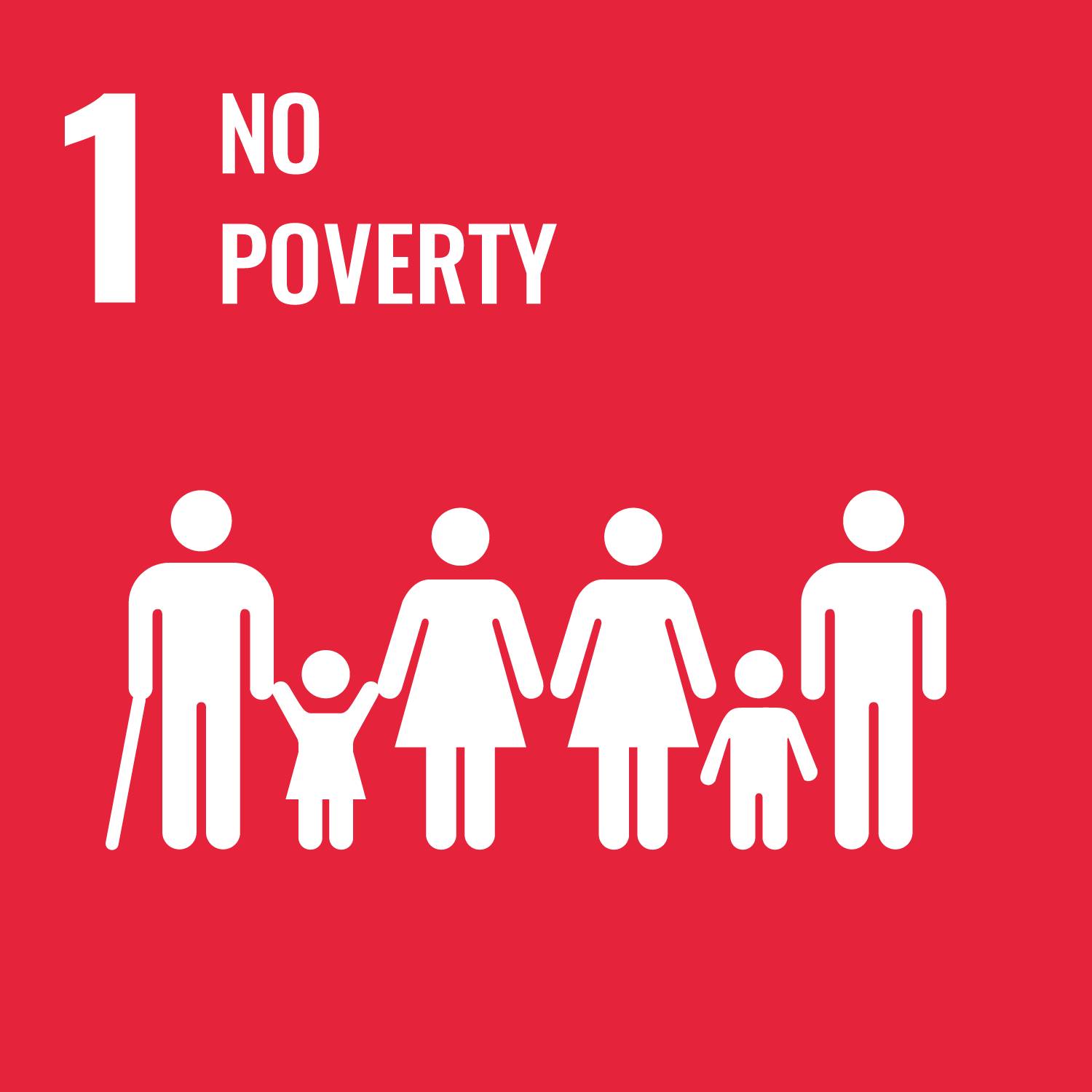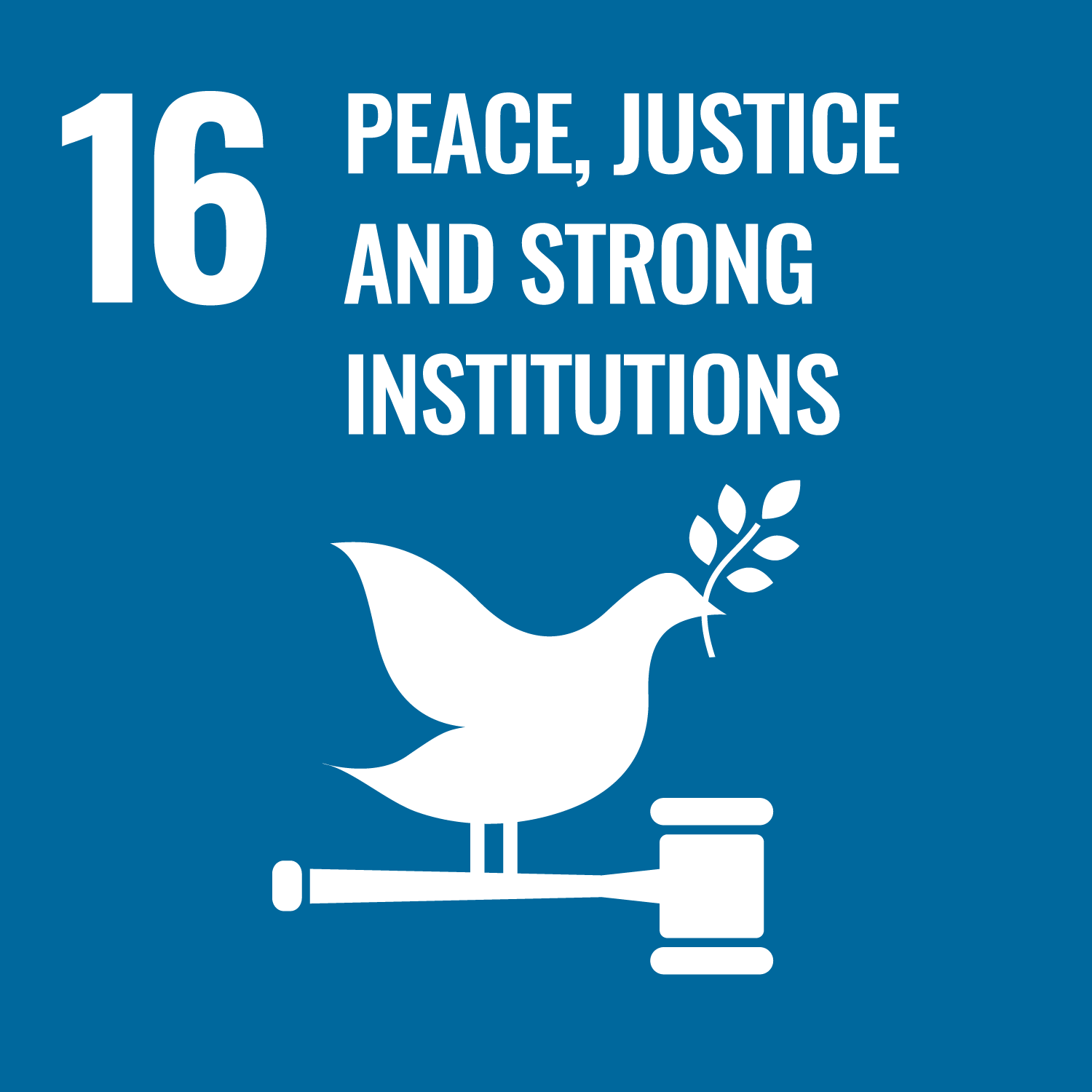‘The Yogyakarta Principles Plus 10’ is a supplementary document to the original ‘Yogyakarta Principles’, which outlines international human rights law as it relates to sexual orientation, gender expression, gender identity and sex characteristics. ‘The Yogyakarta Principles Plus 10’ provides nine new principles and additional state obligations that update 12 of the original 29 principles. The document begins with an introduction to the ‘Yogyakarta Principles’ and explains the necessity of adopting new principles and state obligations due to the significant developments that have occurred within the field of international human rights law and the increased understanding of the experiences of people based on their diverse sexual and gender identities, gender expression and sex characteristics.
The preamble clarifies and defines key terms, acknowledges that the experiences of people with diverse gender and sexual identities, gender expression and sex characteristics are distinct from each other and recognises the intersectional nature of discrimination. The preamble further highlights that the principles are a reflection of the current state of international human rights law and so will require continued revision to remain up to date.
The document then addresses the nine new principles. The key features of each new principle is explained in terms of how it relates to the eradication of discrimination based on sexual orientation, gender expression, gender identity and sex characteristics. The obligations that states must enact to uphold the principle are also listed. The additional state obligations, which revise 12 of the original ‘Yogyakarta Principles’, are then listed in detail. The document then acknowledges the role of non-state actors in the realisation of human rights and offers recommendations for national human rights institutions and sporting organisations, directing them on how best to incorporate the original ‘Yogyakarta Principles’ and ‘The Yogyakarta Principles Plus 10’ into their activities. The document concludes with a list of the state signatories to ‘The Yogyakarta Principles Plus 10’.








